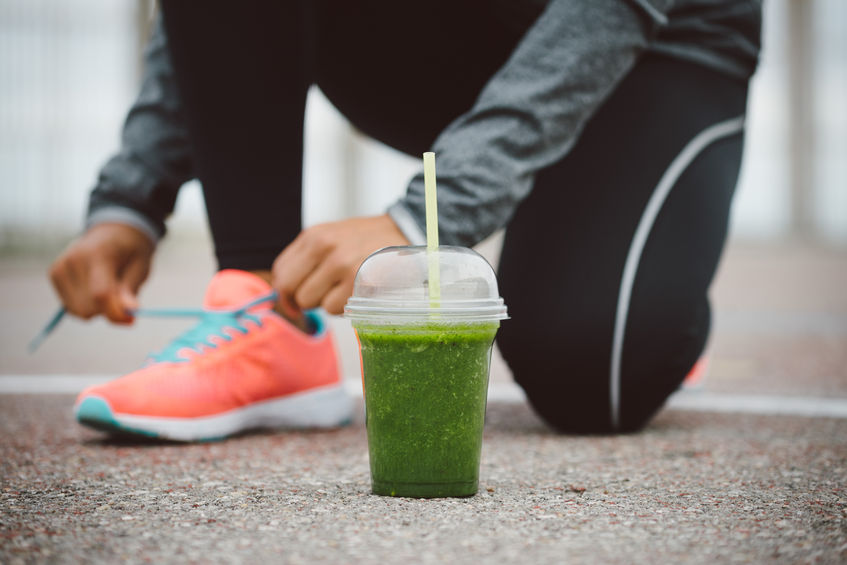
Women who participate in sports work hard to improve their strength, endurance, and fitness levels. But, while we spend hours devoted to fitness, we often overlook an equally important component to athletic training: nutrition.
Female athletes often fail to provide their bodies with the proper nutrition to match their performance output. Let’s sort through the trendy diets, bad advice, and misconceptions and learn the best way to care for and nourish our active bodies.
This is what you will need to maintain peak performance:
Calcium. Most women know that teeth and bones need calcium to stay strong. But your heart and muscles also rely on calcium to function properly. Over time, a calcium deficiency can cause serious health complications, including brittle bones that fracture easily. Orthopedic specialists recommend women get 1300mg of calcium daily. Dairy products such as yogurt, cheese, and even ice cream (in moderation!) provide a significant amount of the calcium your body needs.
Iron. Female athletes utilize their iron supply while training. However, when iron is not replenished it can lead to a condition called anemia. Anemia causes exhaustion and makes sustaining physical activity challenging. Fish, poultry, and meat provide iron. Vitamin C-containing foods also provide iron. If you suspect anemia, consult your doctor. Iron supplements should only be taken under the supervision of a physician.
The Diet Trend. Beware of trendy diets and supplements! Most fad diets are restrictive and do not provide athletes with enough carbohydrates, proteins, or calories to perform their best. Be skeptical about supplements. These “natural” supplements are not regulated like food or medicines. There is no guarantee behind their claims, ingredients, or safety. Stay with the tried and true: Eat a variety of healthy, nutritious foods to maintain optimal health.
Fluids. Staying hydrated is crucial to your performance. A dehydrated athlete can experience tiredness, cramps, and light-headedness. To keep yourself properly hydrated, drink 8-16 oz. of water or a sports drink before you begin your fitness routine. Continue to hydrate throughout your activity and then again after you complete your training.
Calories, Carbohydrates, Proteins, Oh My! When you are training hard and building muscle, your body needs calories, carbohydrates, and proteins to keep going. Remember to eat regular meals and nutritious snacks throughout the day. Choose lean meats, dairy, whole grains, vegetables, and fruits to keep performing at your best. Also remember to enjoy a meal high in carbohydrates a few hours before you train.
For more information about optimizing your diet to support your personal fitness goals, schedule and appointment with Advanced Orthopedics and Sports Medicine Institute.







